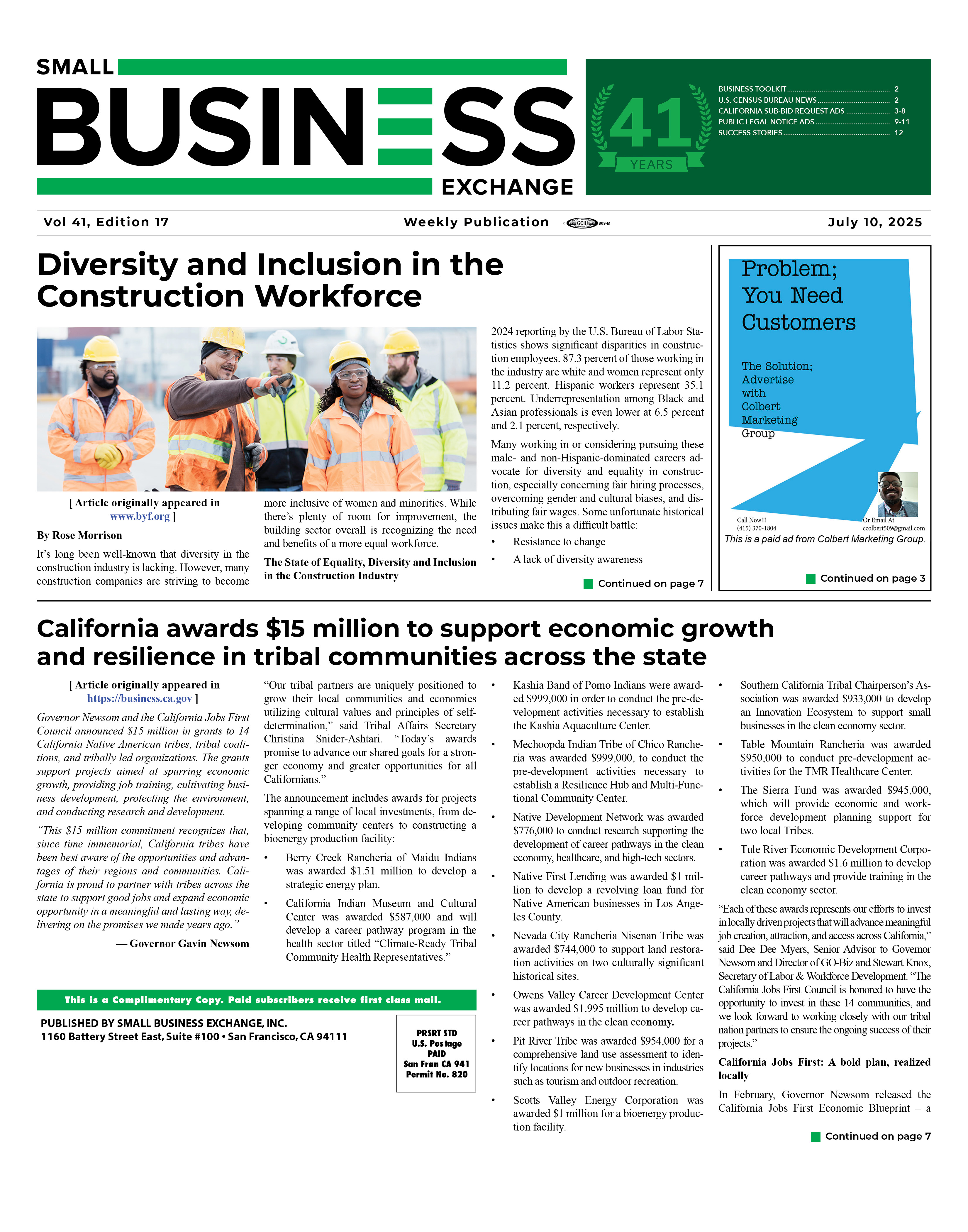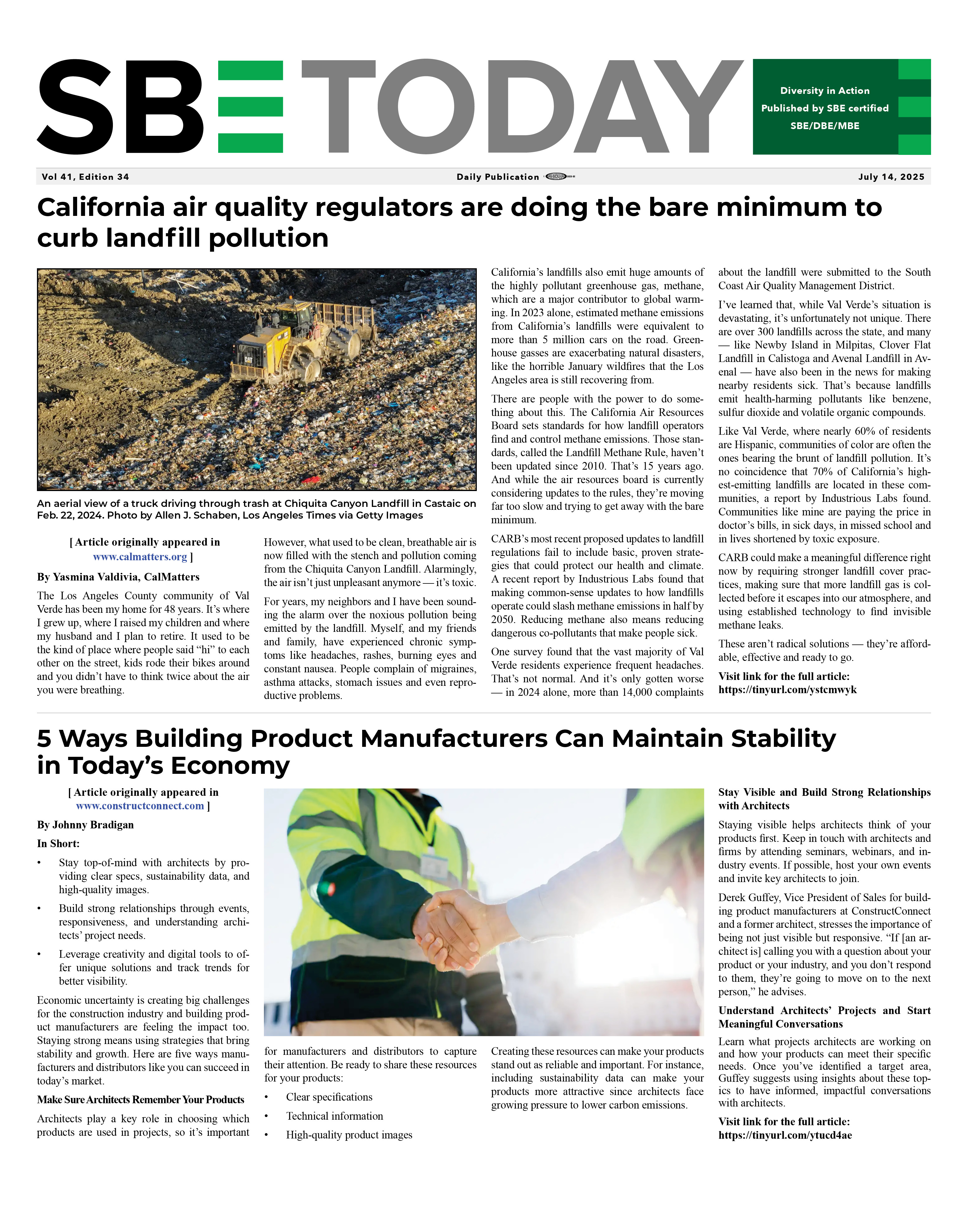|
|
Handling Reading
09/12/2018
What should you do with all of those things you saved with the good intention to read them soon? You know, that stack or that box of magazines, professional journals, newsletters and generally interesting stuff? It is amazing how rapidly it can grow out of your reading drawer, cascade down the side of the desk, and finally end up residing in stacks and boxes. There is so much information available now, even before we consider all of the electronic resources, that it is easy to become overwhelmed. Here are some suggestions on how to keep the stacks down while staying current on key events in your field.
Recognize Your Limitations
Depending on how severe your situation, it is quite possible that you will not be able to catch up on your entire backlog. If it has been sitting for six months or longer, throw it out. Once it is this old, even if you do find time to read it, it will no longer be current. Reading piles do not age gracefully. They serve no purpose unread, collecting dust or making you feel guilty. In spite of the fear of not being caught up with the latest information, the truth is you have survived quite well to this point without it. Rather than try to catch up focus instead on strategies for staying current. From today onward what will you do differently?
Evaluate
Evaluate the publications you receive by asking, "What would happen if I did not get it?" "How often does it offer something genuinely useful, not just interesting?" "Which periodicals offer the most information in the best format?" Information is only useful if it informs you; therefore, it is better to read in-depth, understand, and use three or four publications than to subscribe to more, just to have them sit unread. Take the few minutes to remove yourself from distribution lists and cancel subscriptions to publications you rarely read.
Staying Current
Here are four actions you can take when processing the reading stack:
-
Scan first and make a decision. Every fact cannot be as salient as the next. When you keep an item, ask how likely you are to use it again in the near future. This helps to screen out the nonessential. Many to-read items actually need to be thrown away (or recycled.)
-
Read it and file with related information. If the material to read is short, then read it the first time you touch it, and put it away immediately
-
File the information with related material unread. In-depth reading generally takes too long when it first crosses your desk. As you sort through your in-basket, skim the periodical, clip the article of interest and file immediately. If your last staff meeting was discussing flexible work time, when you notice an article in the Harvard Business Review on engineering firms that implemented flextime, cut it out and place it in the file. After you have gathered all the information and are ready to compare options, then read it fully.
-
Route it to someone else. Routed items, reports and catalogs often get sent to the wrong person. When this happens, identify the correct person and send it along.
Reading Tips:
-
Read the conclusion or recommendations section first. Go back to the text for details only if necessary.
-
Highlight passages as you read. This makes review time much easier.
-
Where appropriate, have your administrative assistant, associate or colleague highlight information prior to your initial review.
-
Never save a stack of items with articles to be clipped later. Clip the article, note the source, and recycle the rest of the periodical.
-
For long documents, use spot reading. Read the recommendations or conclusion section first. Look for the purpose of the document by reading the subject line. Note headings, captions, notations under charts, graphs and first sentences of each paragraph.
-
Read while commuting, waiting for appointments, or on airplane trips.
-
Set aside 30 minutes twice a week to read. Schedule it on your calendar if you need a reminder. Remember that getting the critical reading done is better than doing none at all.
Odette Pollar is a nationally known speaker, author, and consultant. President of the management consulting firm, Smart Ways to Work based in Oakland, CA, her most recent book is Surviving Information Overload. Email to share your comments, questions and suggestions: odette@SmartWaysToWork.com. Visit us at: www.smartwaystowork.com call: 1-800-599-8463.
Back To News
|

SBE Northeast
Louisiana Business Journal Archive Archive
|





